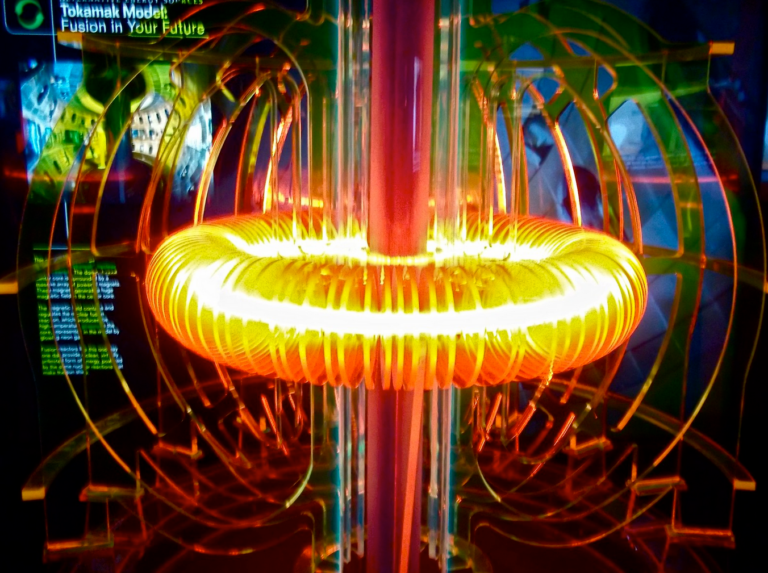Transformative Potential of Generative AI in Education
In an era of rapid technological advancement, the realm of education is undergoing a profound transformation. Generative Artificial Intelligence (AI), a fascinating subset of AI, holds the promise of revolutionizing education by creating personalized and engaging learning experiences. From customized educational materials to interactive tutoring, generative AI has the potential to reshape how we teach and learn. In this article, we’ll embark on a journey into the world of Generative AI in education, exploring its applications, benefits, and the future it envisions.
Customized Learning Materials
Generative AI can be the catalyst for tailoring learning materials to individual students. Imagine a world where textbooks, worksheets, and study guides are dynamically generated to match a student’s pace, learning style, and comprehension level. Through analyzing student performance and feedback, AI can create materials that address specific weaknesses and promote a deeper understanding of complex concepts.
Personalized Tutoring
One of the most exciting applications of generative AI in education is personalized tutoring. Virtual tutors powered by AI can provide real-time assistance to students, answering questions, offering explanations, and even adapting their teaching strategies based on each student’s progress. This individualized attention can help bridge gaps in understanding and foster a more supportive learning environment.
Language Learning Revolution
Learning a new language often requires exposure to diverse contexts and constant practice. Generative AI can facilitate language acquisition by generating contextual dialogues, interactive scenarios, and immersive language exercises. This approach not only enhances vocabulary and grammar skills but also makes language learning more enjoyable and relevant.
Creative Content Generation
Artistic subjects, such as writing and music composition, can greatly benefit from generative AI. Students can collaborate with AI models to brainstorm ideas, create drafts, and refine their work. This co-creative process encourages experimentation, boosts creativity, and enables students to explore new dimensions of their talents.
Adaptive Assessments
Traditional assessments often fall short in accurately measuring a student’s knowledge and skills. Generative AI can design adaptive assessments that evolve based on a student’s performance, challenging them appropriately and providing insightful feedback. This approach ensures that assessments align with the student’s capabilities and foster continuous improvement.
Augmented Reality Learning
Integrating generative AI with augmented reality (AR) can revolutionize how students interact with their surroundings. By overlaying generated content onto the physical world, students can explore historical events, scientific phenomena, and abstract concepts in a vivid and interactive manner, enhancing their understanding and engagement.
Fostering Critical Thinking
Generative AI can be a catalyst for cultivating critical thinking skills. By prompting students with open-ended questions and challenges, AI can encourage exploration, analysis, and problem-solving. This approach shifts the focus from rote memorization to developing cognitive skills that are essential in a rapidly changing world.
Final Thoughts
Generative AI is poised to usher in a new era of education that is tailored, interactive, and engaging. By leveraging the capabilities of AI to create personalized learning experiences, we can empower students to reach their full potential, regardless of their learning pace or style. The synergy between human creativity and AI-generated content promises to create a dynamic educational ecosystem that adapts to the needs of each learner.
As we embrace the transformative potential of Generative AI in education, we must remain mindful of ethical considerations, data privacy, and the need for human oversight. By responsibly integrating AI into the educational landscape, we can foster a generation of learners who are equipped with not only knowledge but also the skills to navigate a future where adaptability and creativity are paramount.




